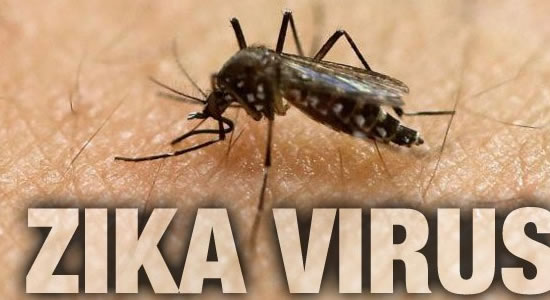A new joint study headed by researchers at Sanford Burnham Prebys Medical Discovery Institute (SBP) and UC San Diego School of Medicine, United States (U.S.), have discovered that chloroquine the popular drug used to prevent and treat malaria may also be effective for Zika virus.
The drug, has a long history of safe use during pregnancy, and is relatively inexpensive.
Zika virus which is caused by the Aedes species of mosquito constitutes one of the global health risks faced by many. While in most adults the virus causes mild flu-like symptoms in pregnant women, it can result in serious birth defects in babies including hearing problems and microcephaly, a neurological condition in which newborns possess strangely tiny heads and do not develop properly.
There is still no know treatment or way to reverse the condition once it occurs.
“Our latest research suggests the anti-malaria drug chloroquine may be an effective drug to treat and prevent Zika infections.” says Alexey Terskikh, Ph.D., associate professor at SBP.
“Chloroquine has a long history of successfully treating malaria, and there are no reports of it causing birth defects,” says Terskikh. “Additional studies are certainly needed to determine the precise details of how it works. But given its low cost, availability and safety history further study in a clinical trial to test its effectiveness against Zika virus in humans is merited.”
Pregnant mice received chloroquine through drinking water in dosages equivalent to acceptable levels used in humans.
“Our research is the first to study Zika infection in a mouse model that transmits the virus in a way similar to humans,” explains Alysson R. Muotri, Ph.D., professor and director of the Stem Cell Program at UC San Diego and co-senior author of the study. “Until now, researchers used a mouse strain that is deficient in interferon, a signaling protein that heightens anti-viral defenses. Those mice actually die from Zika infection, making it difficult to study the natural transmission of the virus from father and mother to fetus and to assess the effect of this transmission on the newborns.”
“We believe our mouse model more accurately represents the way Zika virus infects men, women and babies while in the womb,” adds Terskikh. “Although chloroquine didn’t completely clear Zika from infected mice it did reduce the viral load, suggesting it could limit the neurological damage found in newborns infected by the virus.”



















